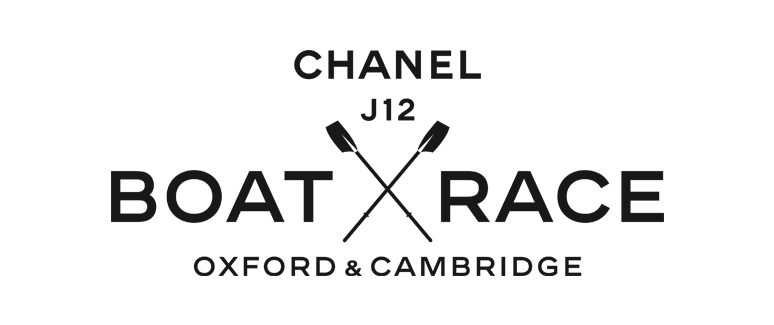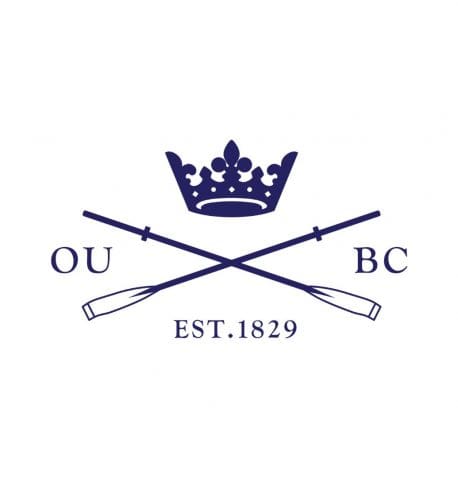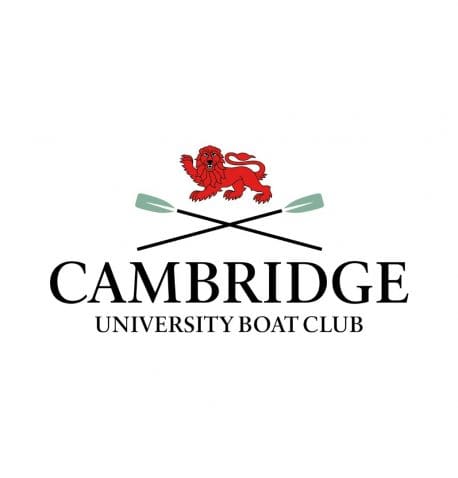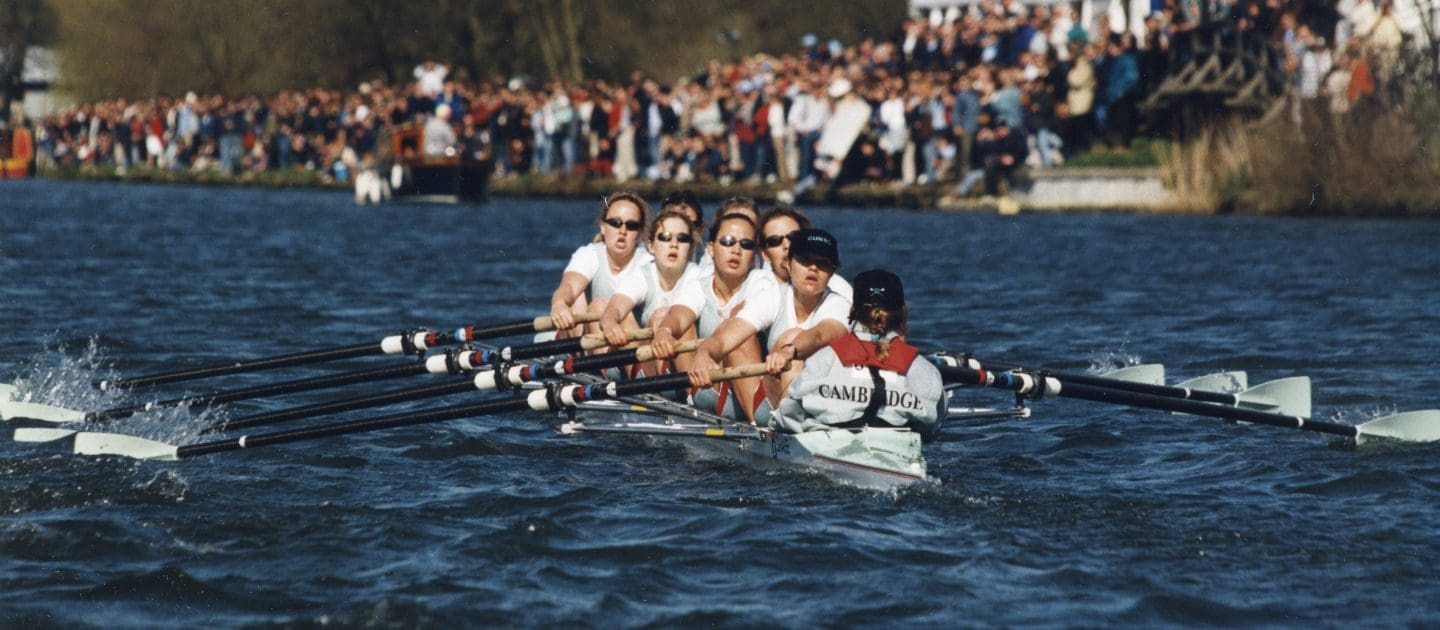“I bet all of us could repeat in our minds or out loud now, the first 10 strokes of the race, the first 20 strokes. It’s so ingrained in you because it was such an incredible experience.”
There was no prompting or leading question to elicit Caroline Ng’s almost instant response about what it meant to be a part of Cambridge University’s victorious 1999 Women’s Boat Race crew. It was just a simple enquiry as to how easy it had been to pick up the style of the Light Blues that particular season.
“I think each and every one of us can still hear Jen’s voice,” she continues, talking of cox Jennifer Phillips. “It goes back to the coaches as they had to help us find that rhythm, find the right way that we could work together as a crew.”
This, of course, is the ultimate challenge of both clubs, every year, but there is something that makes the achievement of 25 years ago stand apart from the norm.
You would not know to look at the recorded result, a Cambridge win by a length in a then record time of 6min 1sec.
The feat is commendable in its own right, without knowing any of the back story, but what made the achievement extra special was that the Light Blues’ rowers were all Boat Race novices.

Jess Webb, nee Wilson, was the president that year, and had rowed in the reserve race in 98, while Adrienne Ferguson, who was in the No 7 seat, had trialled previously and been in the spare, and Julia Davies, in the bow seat, had also been in the reserve crew the year before.
Aside from Julia Henderson and Aimee di Marco, in the No 4 seat, all of the Cambridge rowers had learned the sport while at the University.
What they lacked in rowing experience, though, they made up for with elite athletes. Caroline had been an international swimmer for Hong Kong and earned swimming Blues, while Rebecca Lewis, in the No 2 seat, had a background in athletics and won two Blues.
“We had incredibly talented athletes, and phenomenally driven students,” says Jess.
“We had people who were very good at other sports, but we really had to develop our rowing.
“We were very lucky as we had very supportive and very guiding coaches. You build on people’s experiences. We went faster than we should have done because we really united with a common goal.”
Caroline adds: “I don’t think that we lacked power or fitness. So we may have been novices, but it wasn’t that we were weaker.
“We had to take time to get ourselves better at rowing together, and come together and be able to perform as a crew.
“It took quite a lot of time, but we got there in the end, and I think that’s what really matters when you are basing your whole year on a single race.”
A glance over to the other camp, and Oxford had four returning Blues, and as the season progressed had gained the upper hand in the head races where they faced each other, and were the faster crew on paper.
There was further incentive in both squads. Oxford were bidding to end a seven-race losing streak and the Cambridge crew were eager not to see the Light Blues’ run come to an end on their watch.
“I do believe that when you are faced with such a challenge from the outside world, it is part of what really bonded us,” says Caroline.
Tasked with bringing it all together was legendary coach Ron Needs and fellow coaches Roger Silk and Tony Nelder.
The early mornings, late nights, train trips to Ely, getting changed in a car park for training helped form the crew’s close connections, which still exist to this day.
“There was so much we gave up for that race,” says Jess. “We knew it was going to be hard from the moment we walked in and we all seized the challenge.”
The Henley Boat Races Day did not tend to have live television coverage, but that year a special BBC feature on the Women’s Boat Race was filmed and it was one that the crew have recently shared with each other again.
“I hadn’t watched it in years, and I was terrified,” explains Jess. “I was drawn back to that race. When you watch a video which is 25 years old, and your whole body reacts in this visceral way that you think you’re back on the start line, and you just have such an absolute overwhelming rush of emotion – the whole race was incredible.
“It solidified a great friendship, and what a fantastic thing to be part of.”
Caroline continues: “The coaches really did prepare us meticulously and when you watch that video, you will see the level of focus that they maintained in the group up until the race.
“I do think that being able to break the record was especially sweet, given the challenge of the entire year.
“I’m not sure anyone was expecting us to do it, and we weren’t certainly weren’t expecting it. We were just out there to row our race and to do everything we could to win, but it was definitely a very sweet added bonus.”
Jess, who is now a cardiologist, went on to study at Oxford where she rowed in the Boat Race on two more occasions, once as the Dark Blues’ president, and had one win and one loss, while Caroline, who works in strategy and investment, rowed once more in the Boat Race, losing with Cambridge in 2000.
The Women’s Boat Race has since moved to the Championship Course on the Tideway to earn equal billing with the men’s race.
“The development is incredible,” says Jess. “It’s so important for women’s sport, and it’s so important for equality.
“When I see the women racing, I feel like even though our race was so many years ago, I hope that all our races contributed to the place where we are now.”
To mark the 25th anniversary of the 1999 Boat Race, all of the Cambridge crew are meeting up again for the first time in 15 years to watch this year’s race live.
“It’s really special to get us all together,” says Caroline. “I think I’m so grateful that we’ve managed to maintain such a tight bond, because I don’t think you can take that for granted, across all crews.”



